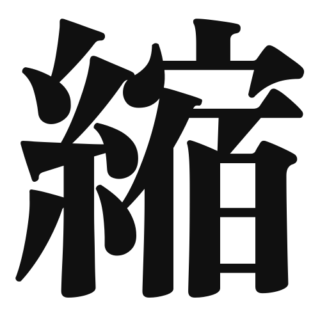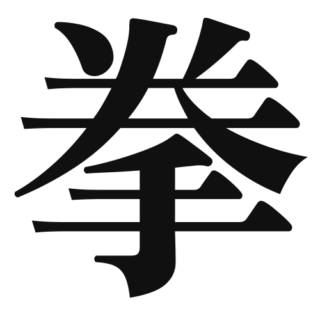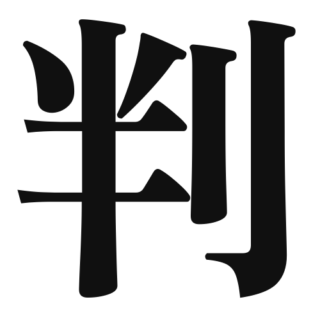 N1
N1 縮
1. Overview of MeaningThe kanji "縮" (shuku) means "to shrink" or "to contract." It conveys the idea of reducing size or ...
 N1
N1  N1
N1  N2
N2  N1
N1  N5
N5  N3
N3  N2
N2  N1
N1  N1
N1  N2
N2